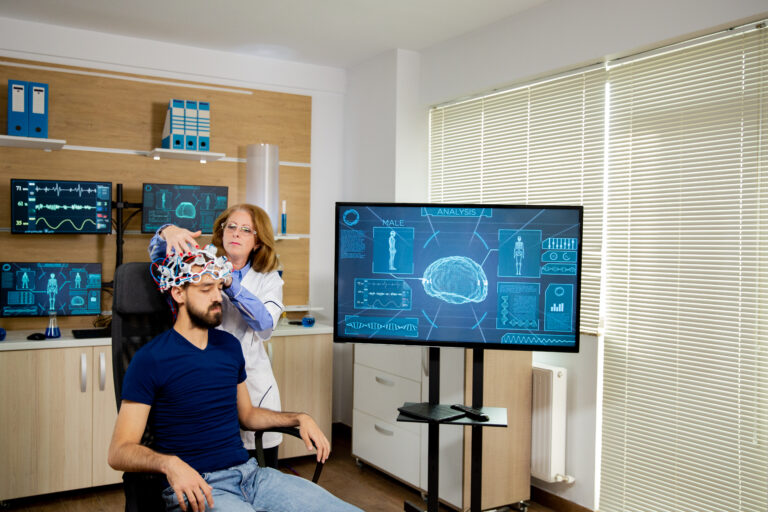Are Your Remote Coders Secure?
Many of the health organizations seek out to have their billing and coding staff working remotely, active attempts to compromise their organization’s data through spam and viruses are been made by foreign actors.
Although, many medical billing companies attempt to preserve some flexibility by allowing their team to continue performing medical coding services from home, they have left themselves vulnerable to significant security risks. Google has reported that these harmful attacks have risen significantly over the past few months.
Are Your Remote Coders secure? – Getting Started

Here the question arises, Is your company well prepared from a security perspective to keep your medical coders working remotely? If you have not checked that your existing security protocols are up to legal and best security practice requirements, then feasibly now is the time to reconsider your current coding setup.
Remote working is gradually common across the wide-ranging of companies and industry sectors. There are also several ways in which organizations can train workers to reduce these risks and preserve confidential information.
What are the Security hazards of remote working?
- Remote coders may use an internet connection that is less reliable than their work connection; this may be a specific concern if employees work remotely in public places such as libraries, hotels, and cafes.
- The risk associated with missing or stolen devices such as smartphones, tablets, and laptops containing confidential data.
- Employees living in common residences cannot be able to operate privately or keep confidential data secure.
- Employees are not directly monitored while operating remotely; some may have bad and poor working habits that raise safety risks.
- Remote staff may feel disconnected from their organization which may lead to the disappointment of employees. Feeling unhappy with their job or employer can increase the risk that an employee can hack sensitive data or engage in some other form of malicious action.
5 Tips for Improving Remote Staff Security
Here are some tips for improving security for remote workers:
1. Establish strong security policies for remote employees
The first and easiest thing any company can do to enhance security for remote workers is to develop firm, enforceable policies for all employees who spend any time working remotely. All employees should be educated to ensure that they can avoid security pitfalls associated with email and the internet. All remote coders ensure that they can maintain good email and internet habits while working remotely.
There may be additional issues for mobile employees, those remote employees who may often work in a public place or while traveling. For example, company policy can require mobile staff not to leave IT equipment unattended in public nor not deal with confidential or sensitive materials in public places.
Some companies may also want to prohibit remote medical coders from conducting medical coding related tasks remotely. For example, they can specify that financial transactions and processing of personal data are not carried out on site. Finally, any regulations that the medical billing company establishes should clearly define the worker’s obligation for ensuring security.
2. Set up protocols for system security
If remote workers use company-owned mobiles and laptops. The employer must decide how they should be used. For Example, the employer should specify that company-owned laptops are not used for work-related purposes and that workers only have access to their email account and only download work-related documents.
Another specification could be that remote coders can access company files using company-owned devices. Other essential security protocols can involve defining rules for password protecting devices or preventing the use of unsecured or public Wi-Fi networks.
For employees who are unable to stop using public Wi-Fi for example mobile workers who have to work in a hotel where they are staying, policy could specify that they use a virtual public network to encrypt internet traffic and secure any data that they have access over the internet.
3. Consider document security
It is not only cybersecurity that companies need to consider when there are remote coders. The preservation of physical records remains a problem for many employees. Indeed, in cases where remote employees are dealing with documents, security is a major concern simply because it is more difficult to keep paper safe than digital data.
Paper records may be lost, destroyed, and copied which makes it difficult to keep any data that hold safe. Going paperless is not an easy option but if this is not feasible the company should instead create document security policies for workers who work remotely.
This should include procedures for accessing and transporting paper records and for preserving documents outside the workplace. For Example, documents are not accessed by someone who is not an authorized employee and keep documents locked away while not in use. Another option is to set up a registry of remoted medical coders who delete documents from the workplace so that the company remains updated when and by whom documents are removed.
4. Provide training to remote staff
The final and most important thing is that all remote employees should complete training or education sessions to ensure that they completely understand and adhere to all security companies of the company. This should include a briefing on all applicable security policies as well as training on how to spot and deal with common cyber threats that employees can encounter through email or the internet.
Also Watch a Video about Security Tips for Working Remotely
Concluding Remarks
As remote coders continues to expand and develop, we need to determine how we can learn to trust the virtual world and secure our system. We will be able to create positive, sustainable, and trustworthy relationships through collaboration and partnerships. And this is huge in the work environment because the more people feel secure, the more accountable, motivated, and invested they become.




